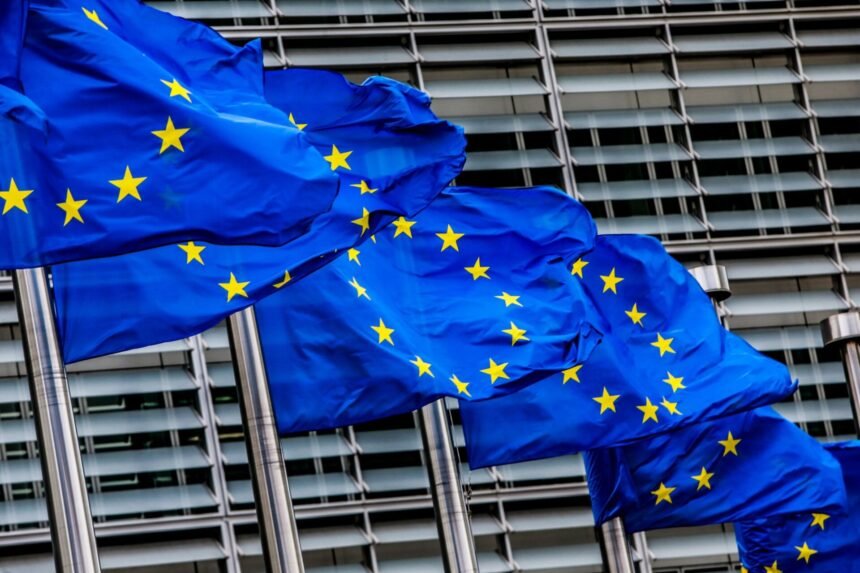The ambitions of the leaders of the Western Balkans, as well as European Commission President Ursula von der Leyen, that the first payments from the EU’s Growth and Reform Package would be completed by the end of 2024, have not been realized.
Moreover, these payments were not made at the beginning of 2025, and it is unclear when they will take place.
Delays in payments, according to some diplomatic sources in the EU, are more related to delays by the beneficiary countries – in this case, the Western Balkans – in completing internal procedures.
“It seems that this time, the EU is more ready to make the payments from this package than the countries in the region are ready to receive them,” a source from the EU told REL.
The European Commission did not provide a precise response regarding the stage that the countries in the region are at with the payments they are expecting.
Officials only reminded that all countries in the region, except Bosnia and Herzegovina, have EU-approved reform agendas and, with this, have met the criteria for preliminary payments worth 7% of the total from the EU.
“The Commission is currently finalizing the steps in the procedure, which will enable the pre-financing payment as soon as possible in 2025. Regular payments are expected to be made in the second and third quarters of this year, once the corresponding criteria are met,” said the European Commission.
It seems that the issue with some countries in the region, including Kosovo, is that they need to reach credit agreements with the EU, as part of the funds are in the form of loans, while part is in grants with no repayment.
Such agreements have the nature of international agreements, so they must be ratified in the parliament with a two-thirds majority.
Due to the elections in Kosovo, held on February 9, the procedure for constituting the parliament and forming the new government is expected to take time, so it is unlikely that Kosovo will receive any payments from the EU before summer.
The total package for the six Western Balkan countries – Kosovo, Albania, North Macedonia, Serbia, Bosnia and Herzegovina, and Montenegro – amounts to 6 billion euros and covers the period from 2024 to 2027.
Of this amount, 2 billion euros are grants from the EU with no repayment, while the rest is in the form of favorable loans.
The goal of this ambitious EU financial package is to help economic growth in the region and, in this way, accelerate the process of its European integration.
According to an unofficial calculation, Kosovo could receive over 880 million euros from this package. Over 250 million euros would be allocated as non-repayable grants, while the rest would be in the form of favorable loans. The 7% pre-financing amount would be around 61 million euros.
Albania will receive a total of 922 million euros, while the pre-financing amount will be 64.5 million euros.
North Macedonia will have 750 million euros available, with an initial payment of 52.5 million euros.
Serbia will be allocated 1.58 billion euros, with an initial payment of 111 million euros.
Montenegro will have 383 million euros available, with a pre-financing amount of 26.8 million euros.
Bosnia and Herzegovina will have 1.085 billion euros available, with a pre-financing amount of 76 million euros.
The allocation of funds to each country is based on Gross Domestic Product (GDP), population size, and several other criteria.
However, in the initial presentation of this plan, the countries in the region were clearly told that if they do not carry out reforms in the next 1-2 years, the funds will be redistributed to other countries.
The plan also aims to encourage regional cooperation and the development of a common market in the region, which will gradually integrate into the EU’s common market.
The European Union aims to make the first payments from this plan as soon as possible and begin implementing projects that will be funded through it. However, at the same time, it also reminds the countries involved of the conditions that need to be met throughout the process of project implementation, reports REL.
These include the rule of law, financial control, and proper auditing according to European standards.
In the case of Kosovo and Serbia, a specific condition is also their constructive engagement in normalizing relations between them, including the implementation of obligations from the dialogue facilitated by the EU.
Among the EU’s requirements for the countries in the region is also their alignment with the EU visa regime.







